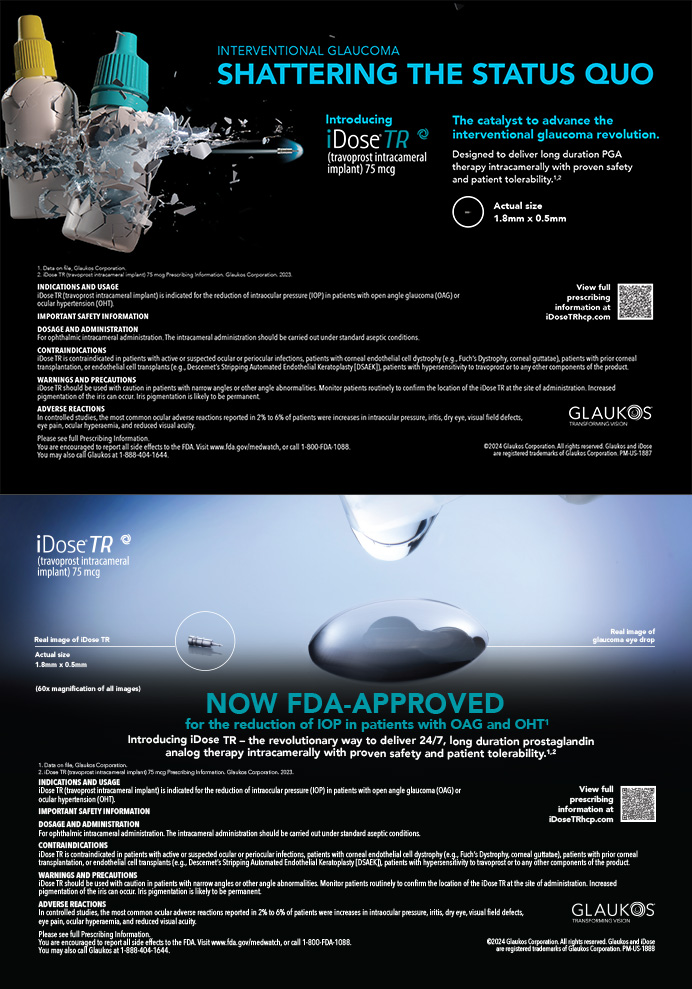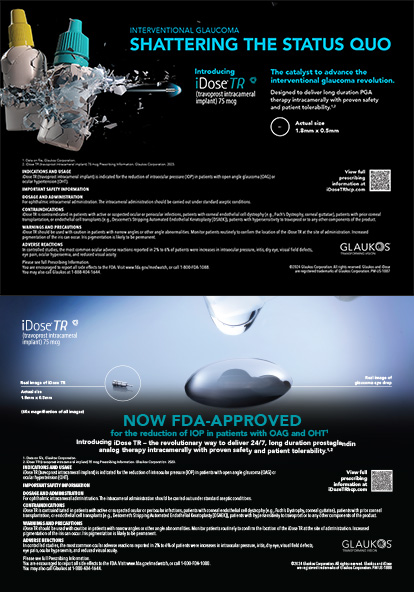
Unique generalizations are associated with each generation. Ophthalmologists coming out of training now are from the millennial generation, a categorization that unfortunately elicits mixed reactions, deserved and not. Despite some generational nuances between older and younger surgeons, understanding and empathy can certainly create common ground for collaboration.
STARTING SALARY
AT A GLANCE
• Young surgeons are commanding high starting salaries because baby boomers need to develop an exit strategy. Maintaining those wages may prove challenging.
• Doctors today are much more comfortable with shift work, which also translates to associate or nonpartner positions. More ophthalmologists today also want to work part time.
• When looking to hire associates into a practice, ophthalmologists must bear in mind the unique characteristics of the millennials.
Many baby boomers who own small ophthalmology practices lack a clear succession plan. This situation has created a buyers’ market for young physicians. I have heard and seen firsthand that young surgeons are commanding much higher starting salaries in primary markets because baby boomers need to develop an exit strategy. This setup may provide young hires with a sense of financial security, but I predict that they are in for a major shock when their salaries cease to be guaranteed after 1 to 2 years. It often takes time to build volume, and in light of declining reimbursements, I anticipate that young ophthalmologists will find it even more difficult to achieve the growth necessary to maintain their higher initial salaries.
MINDSET
How medicine is practiced now differs in some ways from when I finished medical school in 2003 because of the enforcement of the 60-hour workweek a few years earlier. Doctors today are much more comfortable with shift work, which also translates to associate or nonpartner positions. The team approach to rounding and patients’ care is the standard now as well.
The change is a double-edged sword. On the positive side, young doctors get along very well with ancillary staff, and there is less of a perception of hierarchy. On the flipside, young physicians do not want to be treated as junior to the senior physicians within a practice. A bigger problem may be that young doctors are more likely to be content to remain associates, meaning that fewer are looking to become owners of the practice.
Today, more ophthalmologists want to work part time than in past decades. Perhaps this change reflects the growing number of women in ophthalmology, but I have observed the phenomenon with male and female surgeons. The shift may have more to do with how millennials perceive money. This generation grew up during a US economic crisis. On the whole, millennials value lifestyle over money, which means they prioritize work-life balance.
HIRING
When looking to hire associates into a practice, established ophthalmologists must bear in mind the unique characteristics that have shaped the outlook and priorities of today’s young ophthalmologists. Doctors of this generation generally desire more consistent feedback (which does not need to be praise), a team approach, and a sense of egalitarianism. One key to a successful working relationship is to create a sense of loyalty in young ophthalmologists that goes beyond the financial aspects of the practice. n
Elizabeth L. Yeu, MD
• private practice at the Virginia Eye Consultants, Norfolk, Virginia
• assistant professor, Department of Ophthalmology, Eastern Virginia Medical School, Norfolk, Virginia
• eyeu@vec2020.com; Twitter @LizYeu


